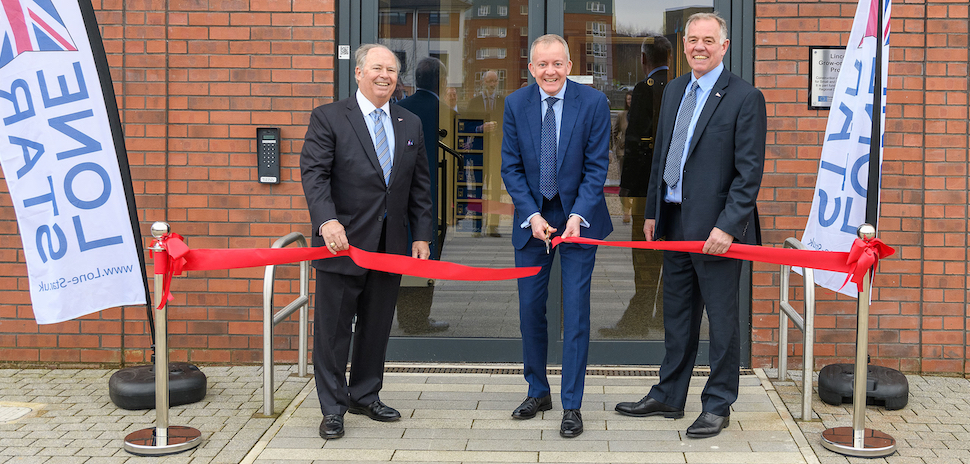“We are quite interested in what we call Evil Twins.”
Steve Roemerman
CEO
Lone Star Analysis
…on the company’s newly patented digital twin technology for operations and maintenance applications.
In the world of predictive analytics, sometimes it pays to have an evil twin. At least, that’s the philosophy behind Lone Star Analysis‘ newest patent for digital twin technology in operations and maintenance applications. “We want to know how the seeds of future failures are sown,” Steve Roemerman, CEO of the Dallas-based analytics firm, said in an announcement.
“This kind of digital twin predicts what will fail, why it will fail, and when it will fail. In some cases, these predictions can see months into the future.”
The company says the new patented technology, part of Lone Star’s “MaxUp Readiness” offerings, addresses big challenges in the markets they serve. Its ORDAIN System (One-Shot Readiness Digital Twin AI Network) is tackling challenges others can’t—like predicting failures in single-use devices. Even rocket motors in ejection seats.
That hasn’t gone unnoticed.
In 2022, the U.S. Navy awarded Lone Star a Phase II Small Business Innovative Research contract to address challenges with single-use devices. The Department of Defense, in a statement at SBIR.gov, said, “The vision… is to establish a non-intrusive system of automated analysis tools (digital twins) that deliver near real-time performance/useful life projections (by device serial number) and associated maintenance intervention metrics for the entire…inventory.”
The patented digital twin tech and the MaxUp® ORDAIN software gave the Navy the solution it need, the company said.
Beyond the DOD contract, Eric Haney, Ph.D., CTO of Lone Star, says “operations and Maintenance or O&M are significant challenges to all the markets we serve,” adding that Digital Twins are part of a larger toolkit it uses to address these challenges.
For a peek under the hood, the patent—No. 12,019,963—was issued on June 25 to Addison-based Incucomm, a Lone Star subsidiary. The technology enables “sensor-less” digital twins, potentially expanding predictive maintenance capabilities across various industries.
But the patent and company’s federal contract work is just one aspect of Lone Star’s ongoing expansion. Earlier this year, the company opened a new U.K. headquarters in Lincoln, England, aiming to extend its AI offerings beyond the defense community to new markets in the U.K., Europe, and the Middle East.
CEO Roemerman, recently dubbed the “Artificial Intelligence Aerospace Authority” in Dallas Innovates’ inaugural AI 75 list, has shared his perspective on Dallas as an AI Hub. In a feature last year, he contrasted the pragmatic approach to AI solutions in Dallas with the more PR-driven environment in Silicon Valley, suggesting that while Silicon Valley might “score more PR points,” Dallas is positioned to “make more money for their shareholders.”
Over the next two to three years, “We think our footprint in North Texas will roughly double,” partly on the strength of more international business, he said at the time.
For a peek under the hood, the patent (No. 12,019,963) was issued on June 25 to Addison-based Incucomm, a Lone Star subsidiary. The technology enables “sensor-less” digital twins, potentially expanding predictive maintenance capabilities across various industries.
The story was updated on June 27, 2024, at 1:04 pm with additional information on the patent.
![]()
Get on the list.
Dallas Innovates, every day.
Sign up to keep your eye on what’s new and next in Dallas-Fort Worth, every day.





























